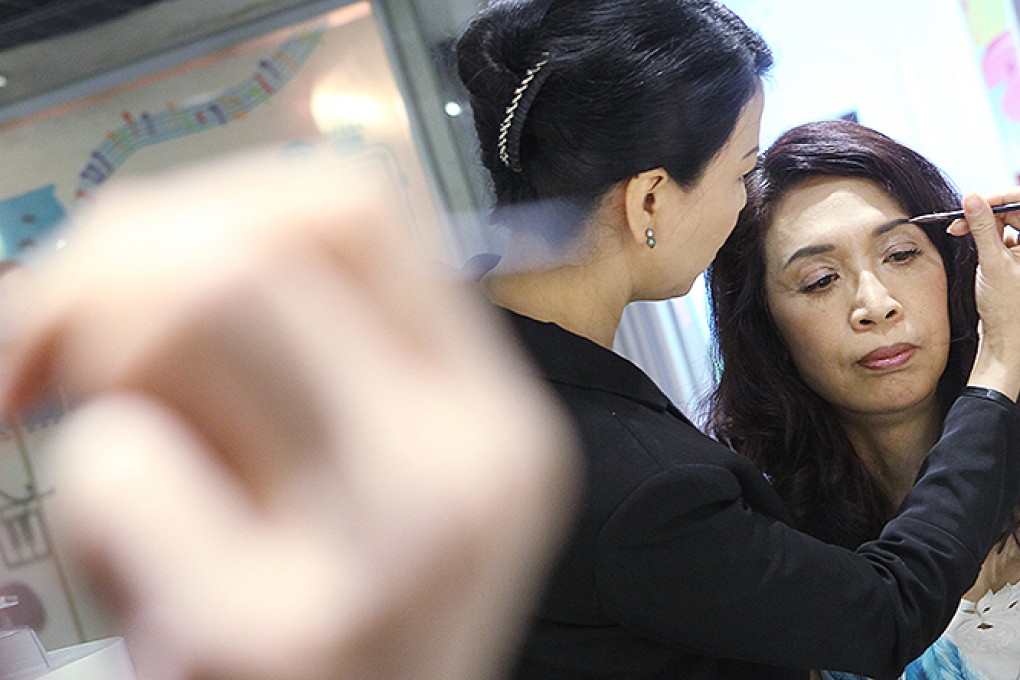'Legalised violence' against transsexuals must stop
Sam Winter says the social exclusion and impoverishment that come with denying transsexuals recognition of their chosen gender can't be justified

In the past few weeks, individuals and organisations worldwide recommitted themselves to confronting two great challenges facing humankind today - gender-based violence, and HIV infection and Aids. Nevertheless, transsexual women - who bear higher risks of HIV infection, Aids-related death and gender-related violence than most women - remain largely forgotten.
Transsexualism is an internationally recognised medical condition. Trans women grow up with a deep desire to live and be accepted as female.
Worldwide, many young trans women pay a heavy price for being who they are. They get rejected by their families, encounter intolerance in school, leave home and drop out of education, and find it impossible to get a job. Daily, they encounter stigma, as well as the exclusion, taunting, abuse, harassment and violence that often goes with it. Many experience depression, anxiety and low self-esteem.
Living life on the margins of society, many slide into poverty and drift into sex work. Too many do so without taking care to (or being able to) protect their health. Health care services for trans women are often ill-equipped to meet their needs. Health care providers are sometimes downright hostile.
The consequence for many trans women worldwide (and to a lesser extent trans men) is a slope from stigma towards sickness and death. A Lancet paper last year revealed an HIV prevalence rate for trans women that is now 49 times higher than for the general population. The Trans Murder Monitoring project reveals at least 1,400 murders of trans people worldwide since 2008. These are just the documented cases. In almost every case, the victim was a trans woman, killed because she was a trans woman.
So what does all this have to do with trans women in Hong Kong? Thankfully, their HIV rates don't appear to be cause for alarm. And they don't get murdered.